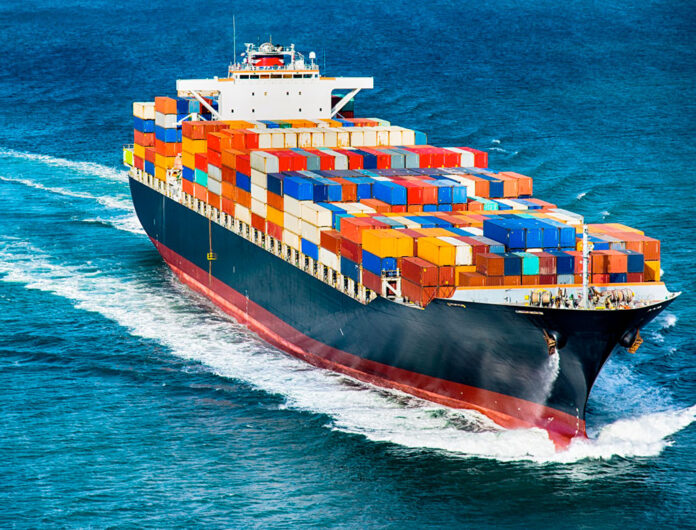Shipping goods by sea is one of the oldest and most reliable methods of transporting cargo across long distances. This method of transportation plays a crucial role in global trade, allowing businesses to import and export a wide variety of goods. In this blog, we will explore the fundamentals of cargo by sea, its advantages, and key considerations for a successful shipping operation.
What is Cargo by Sea?
Cargo by sea refers to the transportation of goods using ships and maritime vessels. This method is used for moving large quantities of goods across oceans and seas, making it an ideal choice for international trade. Sea cargo includes everything from raw materials and manufactured products to perishable goods and specialized cargo.
Types of Cargo Ships
There are several types of ships designed specifically for carrying different kinds of cargo. Here are some of the most common:
- Container Ships: These are the most common vessels for transporting general cargo. They carry cargo in standardized containers, which can be easily transferred between ships, trucks, and trains.
- Bulk Carriers: Designed to transport bulk cargo such as coal, grain, and ore, bulk carriers have large cargo holds to accommodate these materials.
- Tankers: Tankers are used for transporting liquids, including oil, chemicals, and liquefied natural gas. They are equipped with special tanks to ensure the safe handling of these substances.
- Roll-on/Roll-off (RoRo) Ships: These ships are used for transporting vehicles and cargo that can be rolled on and off the vessel, such as cars, trucks, and heavy equipment.
Advantages of Cargo by Sea
- Cost-Effective: Shipping by sea is generally more cost-effective compared to other methods like air freight, especially for large volumes of cargo. The cost per ton of cargo is significantly lower due to the efficiency of large vessels.
- High Capacity: Cargo ships can carry enormous quantities of goods, making them suitable for large-scale trade. This capacity helps in reducing the number of trips needed and lowers the overall transportation cost.
- Global Reach: Sea transport connects almost every corner of the globe, making it possible to ship goods to and from virtually any country. This extensive network is essential for international trade.
- Environmental Impact: Compared to air freight, sea transport has a lower carbon footprint per ton-mile, making it a more environmentally friendly option for long-distance shipping.
Key Considerations for Shipping Cargo by Sea
- Documentation: Proper documentation is crucial for international sea shipments. This includes bills of lading, customs declarations, and packing lists. Accurate paperwork ensures smooth transit and helps avoid delays.
- Insurance: Cargo insurance is important to protect against potential losses or damages during transit. Shipping by sea involves risks such as rough seas, piracy, and mishandling, so having adequate insurance coverage is essential.
- Customs Regulations: Different countries have varying customs regulations and import/export requirements. Understanding and complying with these regulations helps in avoiding legal issues and ensures that your cargo clears customs smoothly.
- Transit Time: Sea transport is generally slower compared to air freight. It’s important to plan ahead and consider the transit time when scheduling shipments, especially if timely delivery is critical.
- Port Operations: Efficient port operations are key to successful sea cargo transport. Delays at ports can impact overall shipping schedules, so it’s important to work with reliable port operators and logistics providers.
Conclusion
Cargo by sea remains a vital component of global trade, offering an economical and efficient way to transport large quantities of goods. Understanding the different types of cargo ships, the advantages of sea transport, and key considerations for shipping can help businesses and individuals navigate the complexities of international logistics. By leveraging this method, you can ensure that your cargo reaches its destination safely and efficiently.
